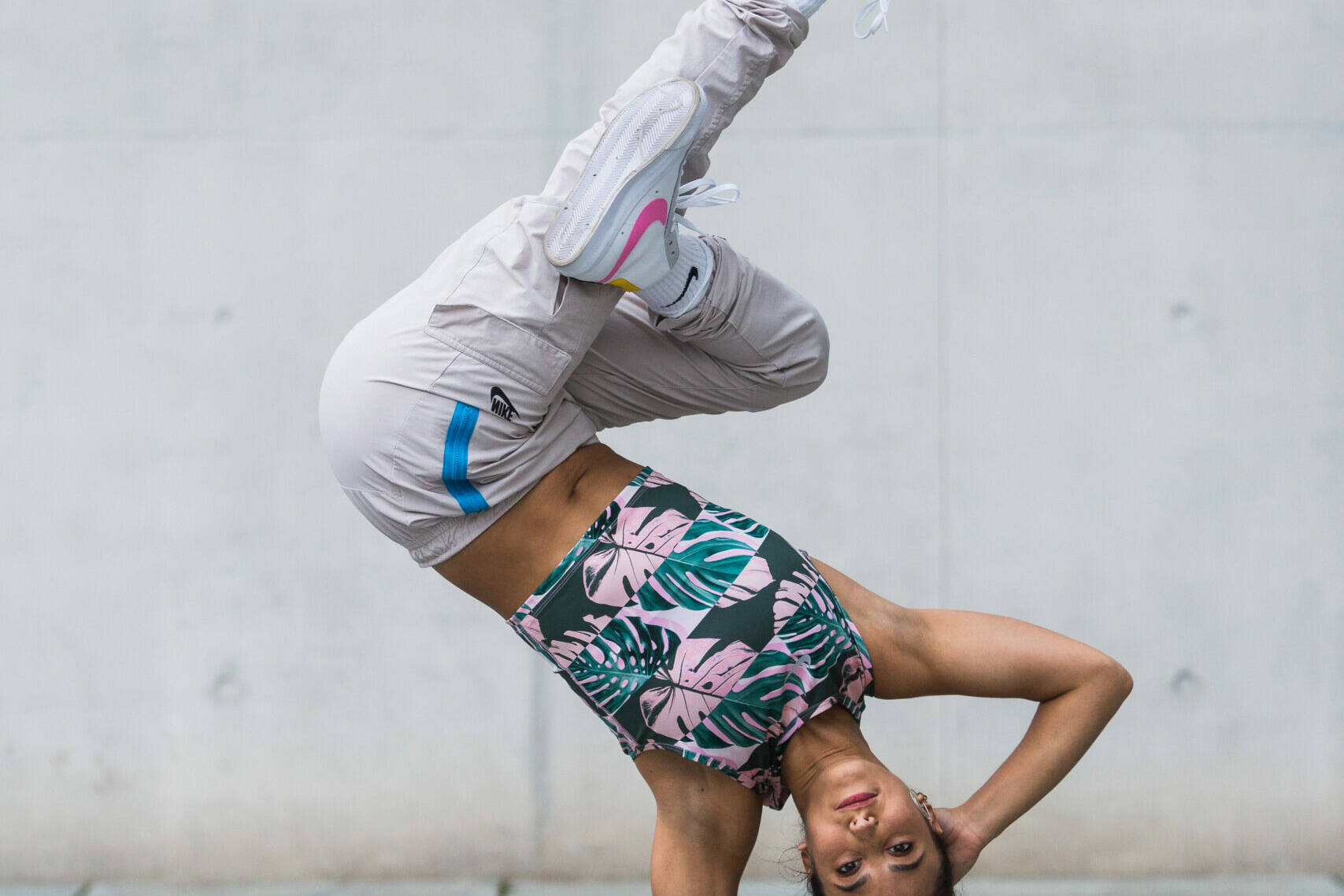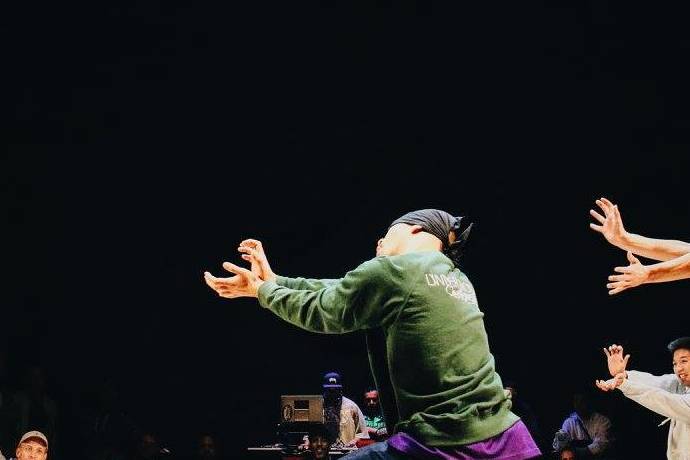Yep, we know, coffee fuels many of us during the day. And be sure, we do not want to spoil your beloved cup of black to light brown liquid holiday in a cup. But reconsidering your consume every now and then, even fasting coffee from time to time can be beneficial, especially when you are a dancer striving for a healthy routine or wanting to max out your performance.
Let’s talk about the dark facts first, but don’t worry, we’ll keep it short and sweet (unless you drink your coffee sugarfree).
Caffeine is considered a psychoactive drug and the most common way through which it is consumed is drinking coffee. It is the most routinely ingested bioactive substance throughout the world. It is a natural alkaloid found in more than 60 plants including coffee beans, tea leaves, cola nuts, and cocoa pods. Its concentration varies depending on the type of product, agronomic and environmental factors, and processing.
Coffee consumption is associated with increases in several cardiovascular disease risk factors, including blood pressure and plasma homocysteine. For adults consuming moderate amounts of coffee (3–4 cups/d providing 300–400 mg/d of caffeine), there is little evidence of health risks and some evidence of health benefits. However, some groups, including people with hypertension, children, adolescents, and the elderly, may be more vulnerable to the adverse effects of caffeine.
Caffeine as substance as well as coffee as a drink comes with other negative effects:
- It increases anxiety and disrupts sleep patterns, leading to a vicious cycle of restless sleep, relying on caffeine to help with daytime fatigue
- It increases blood sugar levels, making it harder for the body to manage the insulin
- it raises blood pressure.
- Coffee itself can also mess with your stomach like acid reflux or heartburn

Now this is where it gets interesting: The chart above by Messina et al. (2015) shows some of the physiological effects of caffeine. Consider yourself in a competition or a performance: Increased attention, alertness, being awake? Nice! Reduced control of fine motor movements? Ugh…Rather not?
On top comes the vicious cycle mentioned above: You drink coffee, you sleep restless, feel less well rested, you are tired the next day … you drink coffee. Rinse and repeat. This not only make you feel drained through your everyday duties, it inhibits your regeneration abilities, especially after practice. So you can actually train less and less energetic, if your coffee consumption gets out of hand.
Sooo….What now you ask?
Use coffee smart, thats now!
Heres our advice regarding coffee for dancers:
- Drink less. More than 4 cups per day can easily induce the described effects. Depending on your bodyweight and oher factors, it may be more or less.
- Do not drink coffee before any big competitions or performances. You want to rest well prior to these events, sometimes you do not even get enough hours in. So make the hours count. Sleep better. Skip coffee.
- Fuel yourself smartly: 1 hour before performing, drink your beloved cup. Don’t overdo it. Do not forget to drink water befire/after!
What are your experiences with coffee & dance training? Let us know!
Picture: Nate Dumlao // Unsplash



